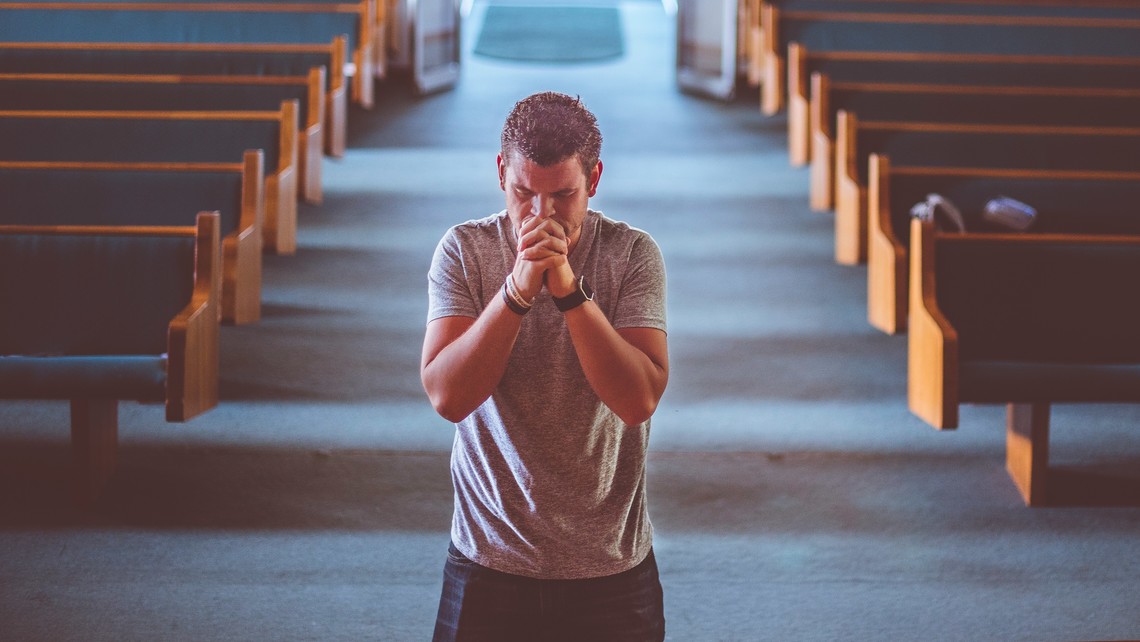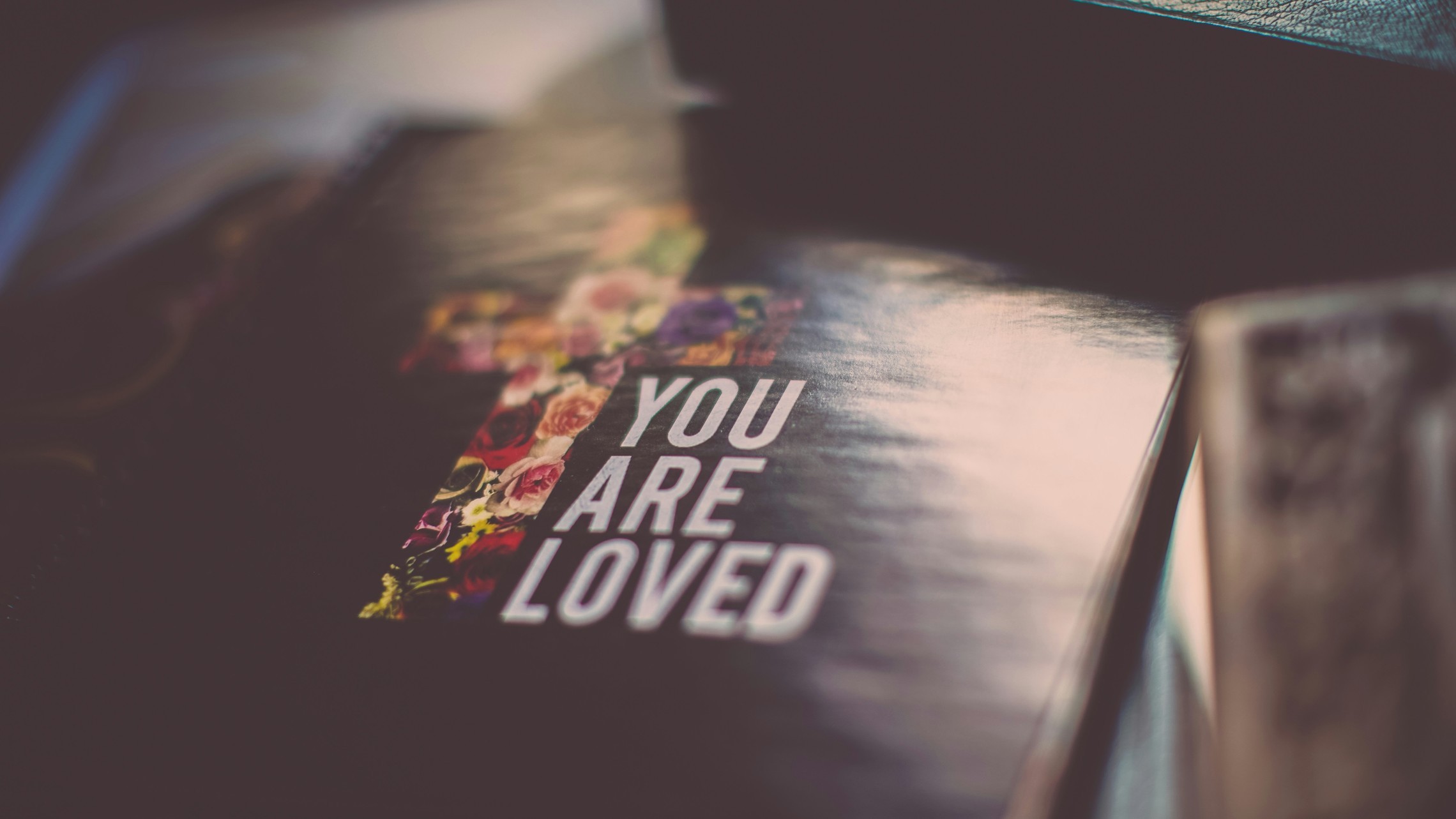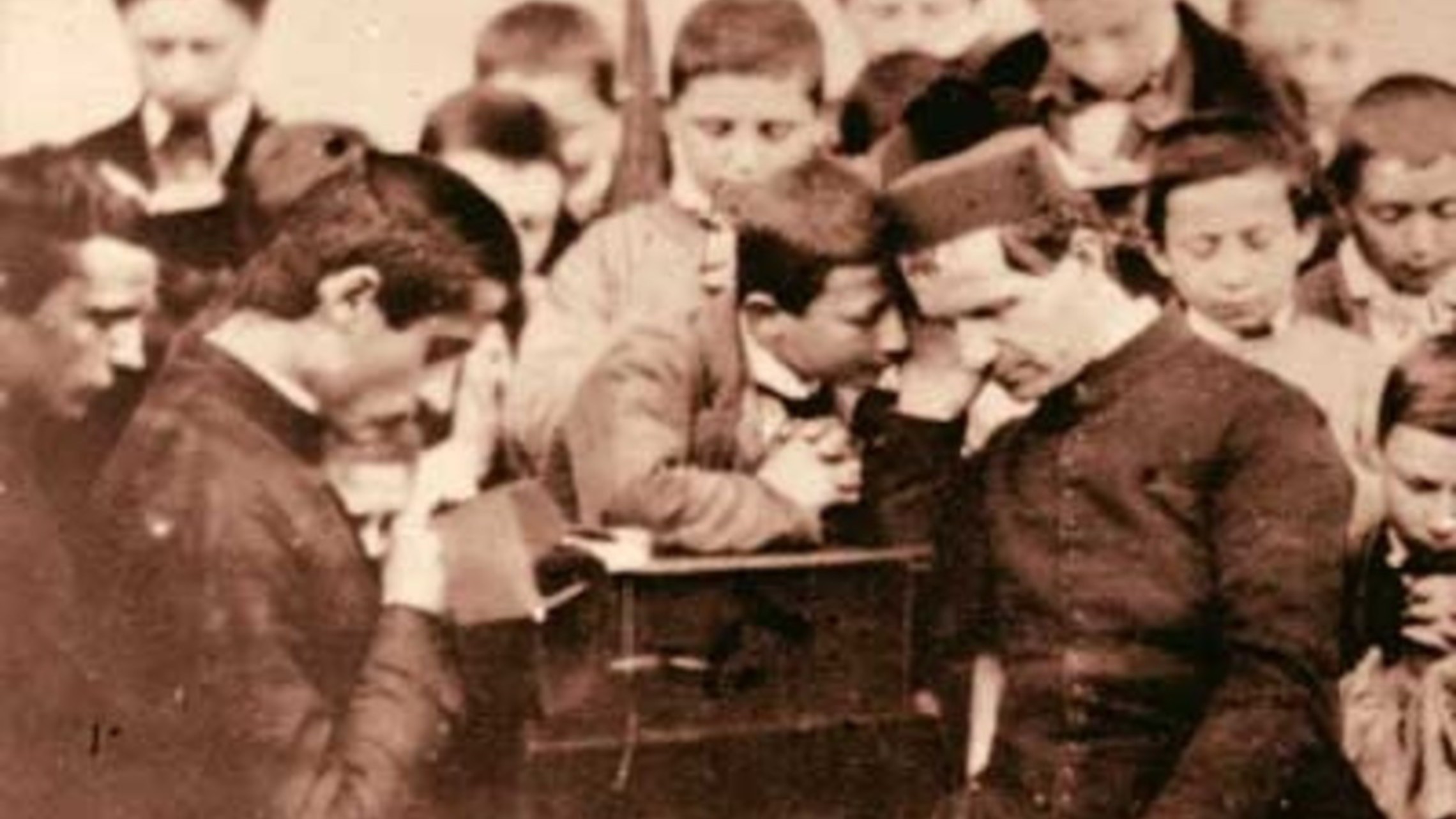
There is a particular sequence in the third pillar of the Catechism under the tenth commandment that describes the process of how you and I can see God. It begins by revealing that true happiness frees man from his immoderate attachment to the goods of this world so that he can find his fulfillment in the vision and beatitude of God.[1] The spiritual prescription to see God requires us to remove any attachments of the world that either veil or blur our opportunity to see our Lord and encounter His love.
This sequence continues by reminding us that a struggle exists between our attachment to the world and the desire to seek the grace of God from heaven and obtain the good things God promises.[2] The pathway toward an encounter with God requires a struggle between our receptivity to grace through acts of mortification and our craving for the things of this world. If we possess a desire to know, love, and serve God, then seminally speaking, this is achieved through a love for God and a contempt for yourself. In his first letter to the Corinthians, St. Paul reminds us that we are called to be one in spirit with God.[3] He also urges us to understand the importance of subjecting everything to God,
When all things are subjected to him, then the Son himself will also be subjected to him who put all things under him, that God may be everything to everyone.[4]
In the Gospel of St. John, St. John the Baptist provides further proof about the necessity to not think of ourselves above God[5] if we do then our conscience becomes dull and takes on an identity that rejects imitating and embracing a life in Christ. If God willed our existence out of love, then our own will and intellect are called to mimic the actions of God by associating our existence with the Father in heaven. Jesus reminds us after his baptism that the Kingdom of God is at hand, his proclamation of faith to the crowds is followed by two spiritual directives, repent, and believe in the Word of God.
The act of repentance is an act of faith that places Jesus Christ before anything else. It is the Divine over the human, grace over vice, salvation over damnation, heaven over hell. The spiritual formulary of this approach is something the Devil would prefer you and me to avoid because the result is a path to perfection, heaven.
In the Gospel of St. Mark, we encounter firsthand the path to perfection through the proclamation and application of the greatest commandment,
And one of the scribes came up and heard them disputing with one another and, seeing that he answered them well, asked him, “Which commandment is the first of all?” Jesus answered, “The first is, ‘Hear, O Israel: The Lord our God, the Lord is one; and you shall love the Lord your God with all your heart, and with all your soul, and with all your mind, and with all your strength.’ The second is this, ‘You shall love your neighbor as yourself.’ There is no other commandment greater than these.” And the scribe said to him, “You are right, Teacher; you have truly said that he is one, and there is no other but he; and to love him with all the heart, and with all the understanding, and with all the strength, and to love one’s neighbor as oneself, is much more than all whole burnt offerings and sacrifices.” And when Jesus saw that he answered wisely, he said to him, “You are not far from the kingdom of God.” And after that, no one dared to ask him any questions.[6]
Our journey to Christ requires a renunciation of our vices and a proclamation of virtue. Christian holiness requires a craving for God above all things. St. Paul reminds us that in everything, God works for our good if we place our trust in Him. We are made for a purpose to be in union with Him. If we faithfully proclaim our union with Him, confidence develops and provides an opportunity to develop an intimate union with Him.[7] This is what would be identified as spiritual progress toward heaven which leads to the way of perfection.
The Catechism describes that the way of perfection passes by way of the Cross. There is no holiness without renunciation and spiritual battle. Spiritual progress entails the ascesis and mortification that gradually lead to living in the peace and joy of the Beatitudes: He who climbs never stops going from beginning to beginning, through beginnings that have no end. He never stops desiring what he already knows.[8]
I leave you with this succinct spiritual reminder from Christ himself:
If a man does not abide in me, he is cast forth as a branch and withers; and the branches are gathered, thrown into the fire, and burned.
Jn 15:6






